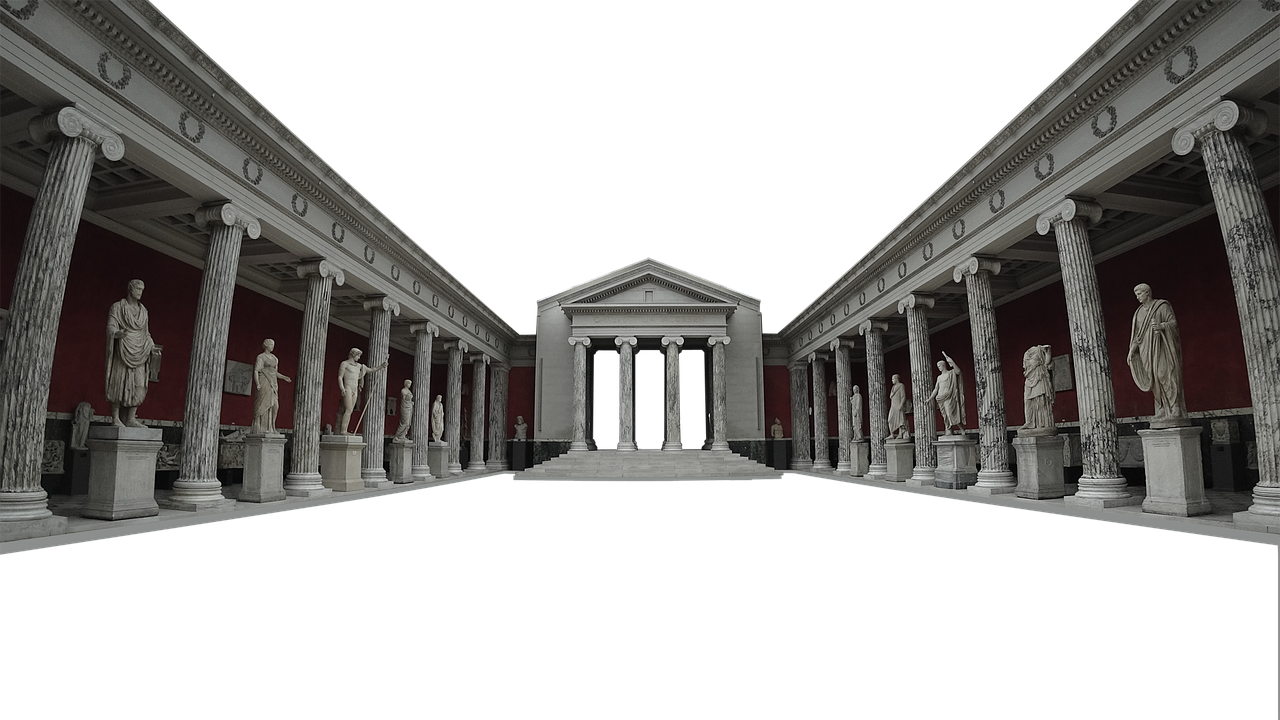Greek mythology is a rich tapestry of narratives featuring gods, heroes, and ancient rituals that have captivated audiences for centuries. Recognized by critical thinkers such as Plato during the 5th and 4th centuries BCE, these myths are often infused with truth in the eyes of the common people, despite their fictional elements. This amalgamation of fantasy and belief has greatly influenced Western art and literature, as Greek mythology continues to inspire contemporary creators who find modern relevance in its classic themes.
Sources of Mythology: Literary and Archaeological Insights
The historical significance of Greek mythology is established through various texts, most notably the Homeric epics, the Iliad and the Odyssey. In the 5th century BCE, the historian Herodotus acknowledged Homer and Hesiod as pivotal figures who shaped the characteristics of the Olympian gods. In the Iliad, the identities of gods like Apollo, as well as legendary figures such as Agamemnon and Menelaus, are introduced in a way that expects readers to grasp the existing lore surrounding them. Greeks didn’t merely view these tales as entertainment; they held mythological narratives in high regard, often engaging in allegorical interpretations of the stories presented by Homer.
The Works of Hesiod: Comprehensive Mythical Accounts
Another cornerstone of Greek mythology is Hesiod’s Theogony, believed to have been composed around 700 BCE. This work provides a thorough account of the origins of the gods accompanied by a mixture of folklore and etiological narratives. Hesiod’s Works and Days complements Theogony by offering insights into agricultural life and ethical living, thus presenting a moral framework for survival in a capricious world. While traditionally seen as two distinct themes, these poems can also be interpreted as interconnected, emphasizing both the divine hierarchy and the importance of justice.
Additional Literary Contributions
In addition to Homer and Hesiod, other mythical narratives are enshrined within various literary fragments that expand upon tales surrounding the Trojan War—stories initially captured in the Iliad and Odyssey. The Homeric Hymns and odes from renowned poets, including Pindar, also enrich the mythical landscape, making significant contributions to the understanding of Greek culture. The prolific works of ancient tragedians Aeschylus, Sophocles, and Euripides, flourishing in the 5th century BCE, showcase diverse traditions and themes from mythology, offering a more comprehensive embrace of Greek storytelling.
Hellenistic and Roman Contributions
During the Hellenistic era, scholars like Callimachus and mythographer Euhemerus shed light on lesser-known myths and introduced the idea that the gods had originally been mortals—a theory that has been termed Euhemerism. Apollonius of Rhodes documented the epic journey of the Argonauts in search of the Golden Fleece, illustrating how Greek myth evolved over time. Further contributions during the Roman Empire came from various sources, including Strabo and Pseudo-Apollodorus, who preserved these stories in Latin, ensuring their perpetuation through the ages.
Archaeological Discoveries Shaping Understanding
Key archaeological finds have profoundly impacted our comprehension of Greek mythology. The unearthing of Minoan and Mycenaean civilizations by researchers like Heinrich Schliemann and Arthur Evans has illuminated the roots of ritual and narrative within Greek mythology. Though evidence is sparse due to the predominantly administrative nature of Linear B writings, artistic representations from the era and subsequent periods provide glimpses into mythological themes associated with both Heracles and the Trojan narratives.
In the eras following, such as the Archaic, Classical, and Hellenistic periods, art depicting mythical scenes appears more frequently, weaving narrative threads back into the social fabric of the time, thus linking literature, art, and public consciousness.



